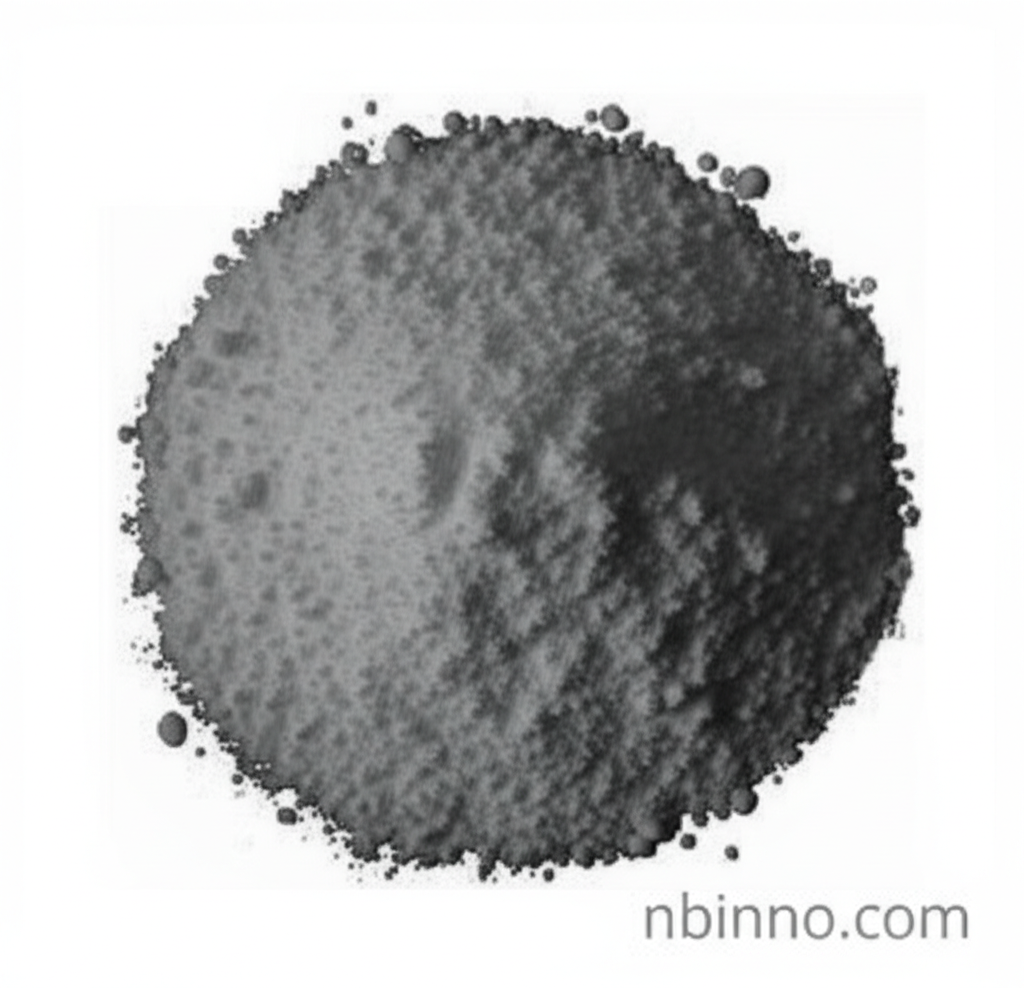Microcrystalline Cellulose PH 101: Your Ultimate Pharmaceutical Excipient
Enhance tablet and capsule formulations with superior binding, disintegration, and flow properties.
Get a Quote & SampleProduct Core Value

Microcrystalline Cellulose PH 101
As a leading pharmaceutical excipient, Microcrystalline Cellulose PH 101 is vital for creating high-quality solid dosage forms. Its exceptional compressibility and binding capabilities are key for robust tablet manufacturing, while its role as a disintegrant ensures efficient drug release. Discover the benefits of microcrystalline cellulose PH 101 for capsule filling and overall formulation stability.
- Explore the significant benefits of microcrystalline cellulose for capsule filling, ensuring consistent dosage and improved product flow during manufacturing.
- Understand the critical role of microcrystalline cellulose as a tablet binder, providing superior cohesion and mechanical strength to tablets.
- Learn why pharmaceutical grade microcrystalline cellulose is essential for drug efficacy and stability, meeting stringent quality standards.
- Discover the advantages of microcrystalline cellulose in tablets, including enhanced compressibility and disintegration for optimal drug absorption.
Advantages of Using Microcrystalline Cellulose
Enhanced Compressibility
Leverage the superior compressibility of microcrystalline cellulose to achieve well-formed tablets with optimal hardness and reduced friability.
Superior Binding Properties
Benefit from the strong binding performance of microcrystalline cellulose as a tablet binder, crucial for direct compression and wet granulation processes.
Efficient Disintegration
Utilize MCC's role as a microcrystalline cellulose disintegration agent to ensure rapid tablet breakdown and improve drug release kinetics.
Key Applications
Tablet Manufacturing
As a primary excipient, MCC is instrumental in direct compression and wet granulation, enabling the production of stable and easy-to-swallow tablets. Understanding microcrystalline cellulose uses is vital for efficient tableting.
Capsule Filling
The excellent flow properties of MCC make it ideal for microcrystalline cellulose for capsule filling, ensuring consistent powder flow and uniform capsule weights.
Drug Formulation
Its inert nature and compatibility with APIs make it a preferred choice for various drug formulations, contributing to overall drug stability and efficacy.
Dietary Supplements
MCC serves as a bulking agent and binder in dietary supplements, ensuring accurate dosing and product integrity. Examining microcrystalline cellulose price is key for sourcing.
